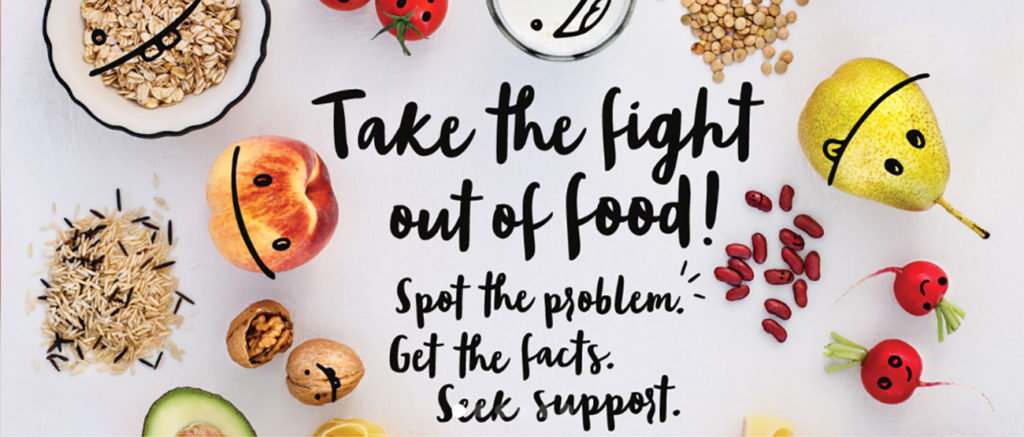National nutrition month happens during the month of March. Like other recognition days, weeks, or months this gives us the opportunity to stop and consider something that might be in our best interest. So, before you pick up that fork, let’s talk.
Let’s have a conversation about what’s showing up on your meal plate. This post is relevant to those of us fortunate enough to live in Canada and who can afford to make food choices. If asked, most would say that they make food choices based on price and availability. That’s true, to a degree but it’s far from the whole story. Okay, I’ll spell it out for you – we are spoiled.
YUM YUM FACTOR
The majority of us follow a diet of deep desire. Or, as I like to call it, the yum yum factor. I don’t know about you but I even have pet names for my favourite snacks. One of my favourites is a (costly) soft cheese spread on large crackers. I call it Joanna Cheese because, my partner’s lovely daughter, Joanna, introduced it to me. In fact, I can’t even tell you it’s actual name.
Cheese, of course, a good source of calcium and protein, but like anything, too much of a good thing isn’t good for you. Heather Mangier, of Nutrition Check Up, recommends that 1 ounce of full-fat cheese a day is okay, but ultimately it depends on your entire diet. Oh, and keep an eye out for how much sodium is in your favourite cheese.
It’s no small task to know what is good and what is not good for you, which is why National Nutrition Month is a health conscious reminder. Things like fats, proteins, minerals, vitamins and more, all need to be a part of your food intake. Seldom, however, do we choose foods based on that criteria. Instead, we stroll down the grocery aisle and fill our carts with our top yum yum and personal care items.
I’m not judging but instead pointing out that National Nutrition Month is the perfect opportunity to digest important information. Let’s be honest, your body is fuelled by your food intake so it makes sense to make the connection that what you eat affects how your body will respond.
COMFORT TRUMPS CALORIES
I know you already know this, but, if you’re like me, comfort trumps calorie every time. On a daily average, women need to eat 2000 calories and men 2500 calories. Within this count, fats, proteins, vitamins etc. are all wrapped into the equation. Eating a balanced diet takes a bit of education and a lot of attention. Learning how to properly read food labels is a good place to start.
Nutritional facts are spelled out for you on food labels. On every product, an estimated serving size and its calorie count per serving are front and centre on the top of labels. Below, you find the daily values (DV) of itemized nutrients. This is useful information and enables you to pay attention to avoid eating things that can harm your health. Amounts of sodium, for example, affect heart and blood pressure conditions, so if you live with those conditions read food labels.
CHRONIC DISEASES
National Nutrition Month is aimed to educate the public. People who live with chronic diseases account for an estimated 68 billion dollars of the Canadian health care costs. Proving support to improve eating behaviours associated with good health seems like a sensible service to offer, and many health care providers do. Here are some interesting Canadian facts:
52%, or half of all Canadians over the age of 20, live with a chronic disease
62% adults, and 32% children have excess weight or obesity
25% live with diabetes
27% or 1.3M live with heart disease
32% or 2 out 5, have high blood pressure or pre-hypertensive
Another thing to consider is dining out choices; apparently, 1/3 of our meals are enjoyed beyond the home. Obviously, fast food restaurants are not the choice of champions.
NUTRITION MONTH
There are many ways to live and treat chronic diseases but I suggest looking within as the first point of reference. Do what you can to discover what’s best for your body. Keep in mind we change as we age and that means you may need to make changes to what you’re accustomed to eating. Pay attention, explore, do some research and perhaps connect with a nutritional expert. Make every month be nutrition month, your wellness depends on it.
I guess I’ll have to rethink my cookie intake.











